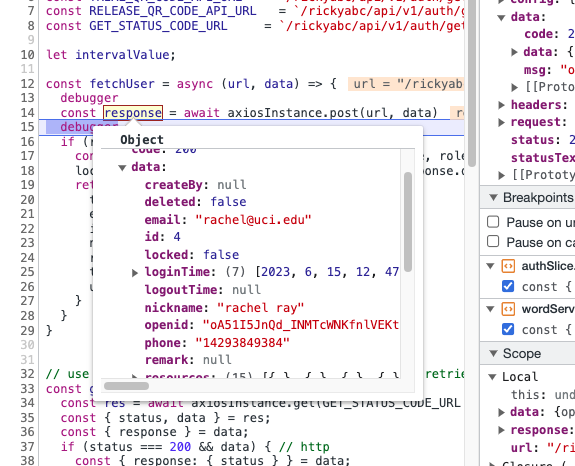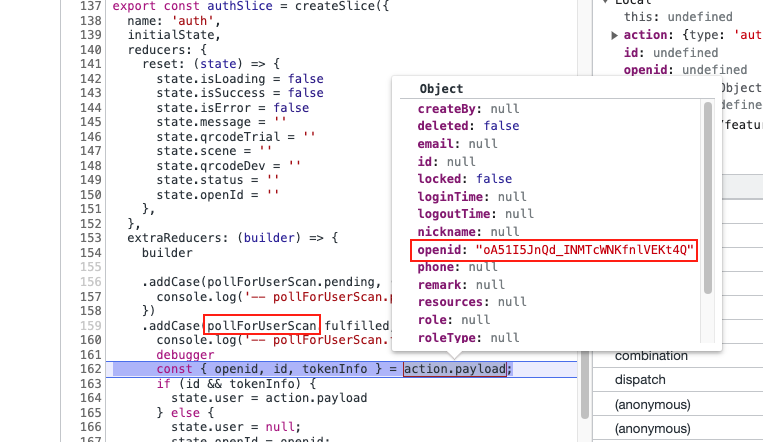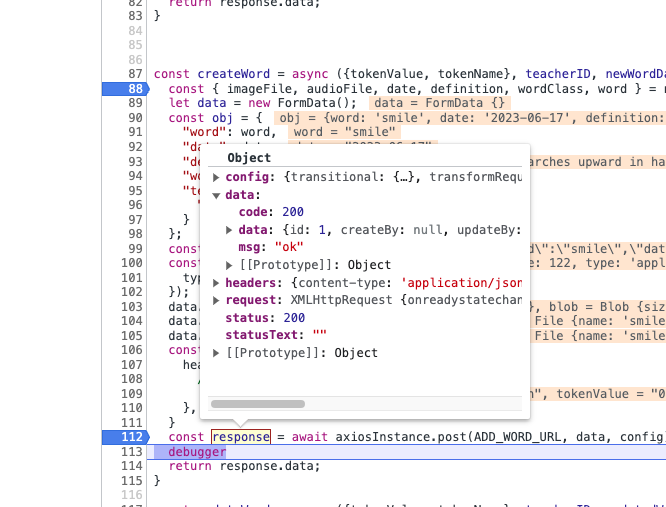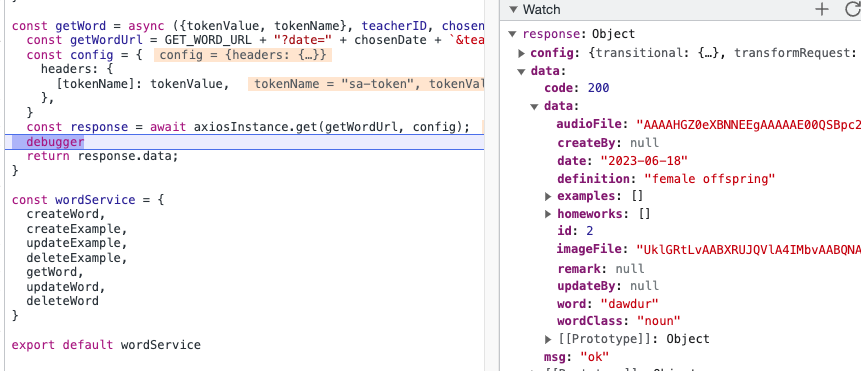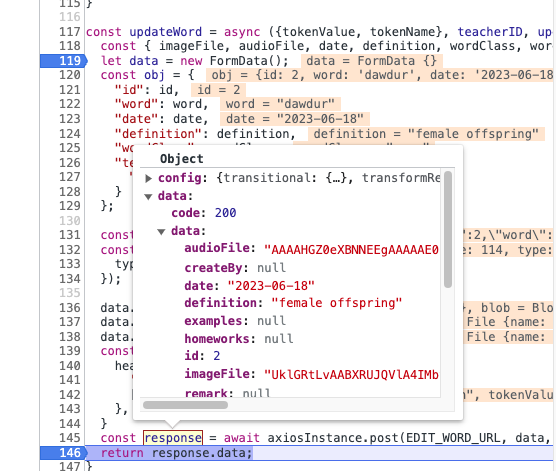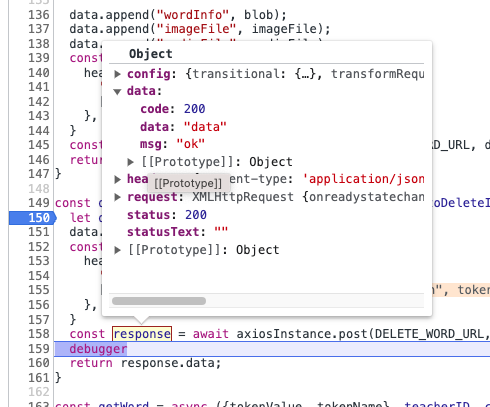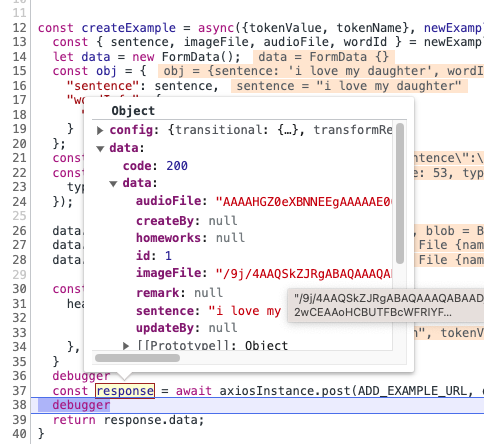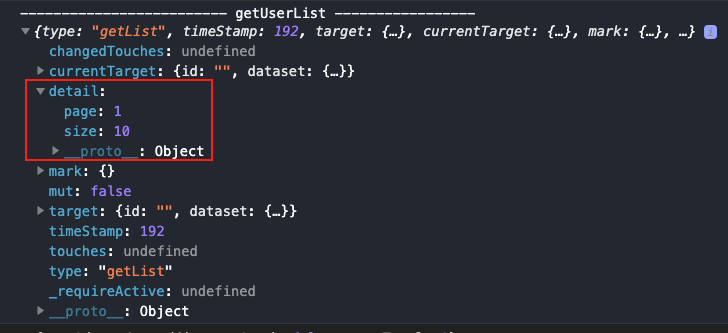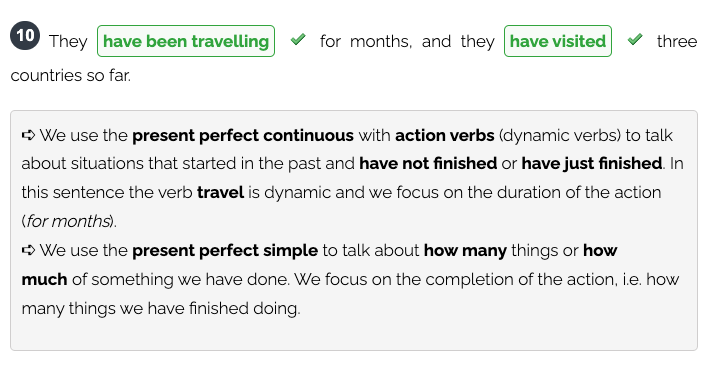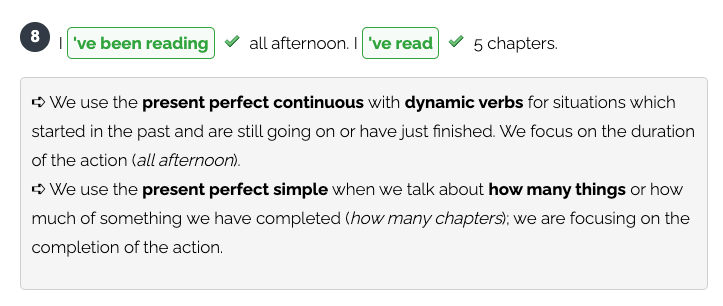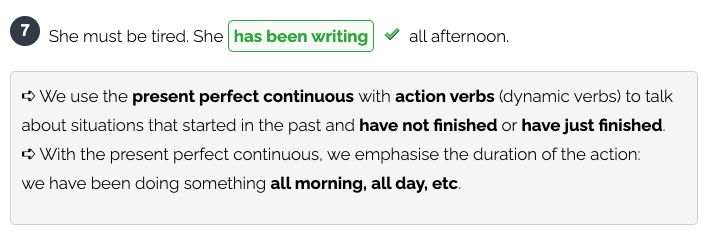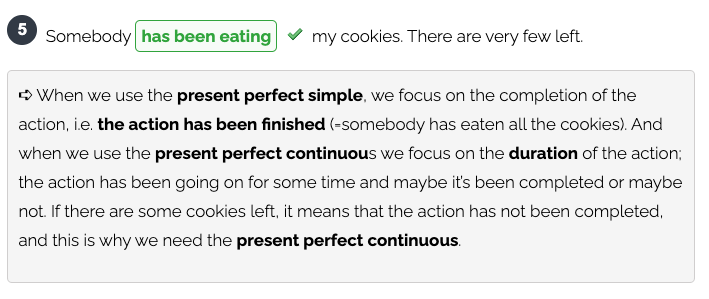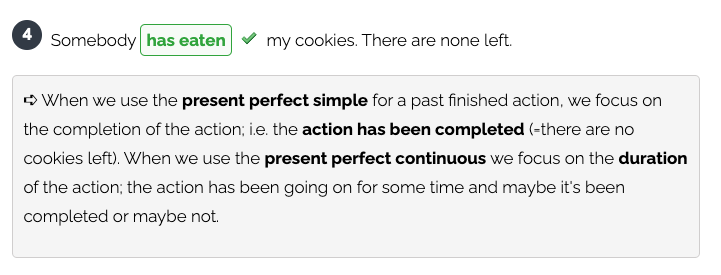ref –
- https://www.englishwithashish.com/stative-verbs-guide/
- https://www.englishwithashish.com/linking-verbs-and-stative-verbs/
Stative Verbs
Stative verbs describe states. They do not describe actions.
Stative verbs indicate the following state of a subject:
Mental or Cognitive state: think, believe, doubt, guess, remember, pretend, recognize, recall, guess, forget, agree, disagree, need, prefer, satisfy
Emotional state: love, hate, adore, abhor, like, dislike, appreciate, envy, detest, loathe
Senses: see, hear, feel, seem, taste, smell, sense, sound
Possessional state: have, belong, possess, own, belong, want
Others (condition): weigh, contain, involve, concern, lack, deserve, matter, resemble
For example:
√ I am late.
(Here, “am” is a stative verb. It describes a state.)
X I caught a fish.
(“Caught” is not a stative verb. It describes an action. It is an action verb.)
√ John knows where the treasure is hidden.
(Here, “knows” is a stative verb. “Is” is also a stative verb. They both describe states.)
X John found the treasure.
(“Found” is not a stative verb. It describes an action. It is an action verb.)
Thoughts
Sarah agrees with you.
I believe that karma is real.
Time and health are two precious assets that we don’t recognize and appreciate until they have been depleted. (Author Denis Waitley)
(“Are” in this sentence is also a stative verb.)
Here are another five common stative verbs related to thoughts:
- imagine
- know
- remember
- think
- understand
Feelings
Lee loves pies.
Mark and Craig prefer cakes.
I am prepared for the worst, but hope for the best.
(“Am” in this sentence is also a stative verb.)
Here are another five common stative verbs related to feelings:
- hate
- like
- value
- want
- wish
Senses:
I feel sick.
All seems well.
Here are another five common stative verbs related to senses:
- appear
- look
- see
- smell
- taste
Possession
That dog belongs to me.
Ask the farmer who owns the field.
Science fiction is a kind of literature that embodies the highest aspirations of the human race. (Author Harlan Ellison)
(“Is” in this sentence is also a stative verb.)
Here are another five common stative verbs related to possession:
- consist
- comprise
- have
- include
- possess
Measurements:
This statue weighs a lot.
Your feet reach the end of the bed.
The problem spans two decades.
The marrow measures six inches.
More Importantly
Example 1:
I remembered where I left the keys. correct
I was remembering where I left the keys. wrong
(Stative verbs are not used in the past continuous tense.)
Example 2:
That dog belongs to me. correct
That dog is belonging to me. wrong
(Stative verbs are not used in the present continuous tense.)
Example 3:
All will appear normal. correct
All will be appearing normal. wrong
(Stative verbs are not used in the future continuous tense.)
If a stative verb is used in a continuous tense, native English speakers will treat it as an action verb, not a stative verb.
For example:
I was remembering where I left the keys. correct
(Native English speakers would assume that the speaker was in the act of remembering. In other words, they would treat it as an action verb not a stative one.)
More examples
Ashish loves his parents more than anyone in the world.
Nobody likes to talk to Rohan. He brags too much about his job.
I hated Mathematics for many years.
Do you believe in God?
He pretended to be a cop in front of my friends.
I can’t recall the date.
Every time we doubted him, he proved us wrong.
How can he dislike chocolates?
We appreciate what Max has done for our family.
He needed food very badly.
You seem upset about something.
The food tastes awful.
You smell great.
He sounds quite confident.
All of us have a gaming laptop.
She wanted a cook.
The syrup contains alcohol.
Shami deserves the credit for this win.

